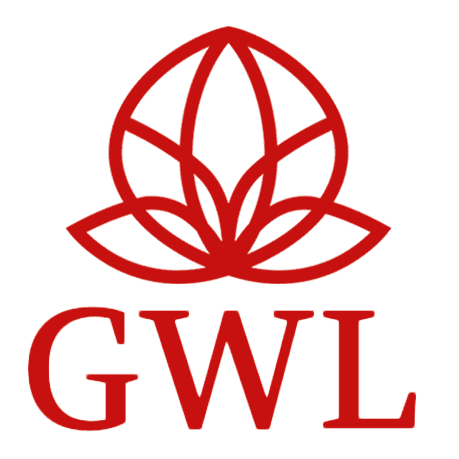Adverse Supply Shock – February 2020
Due to the coronavirus and the dimensions it has received (unofficially “pandemia”), China has been most affected as it has not only started from there, but also China has the most affected and victims which has led a large number of factories and companies to shut down. China’s production chains have been reduced. This directly affects the tech companies as they cannot have the product-storage and orders they have planned. In addition, demand from China for all technology products is significantly reduced, and companies such as Apple has already been affected.
China is no longer 4% (as in the past) of global growth but 16%. This means that any negative development in this country has a far greater impact on the world and there is greater global influence. If coronavirus continues to spread and have more victims, in all probability this will result to a recession.
To counter this adverse supply chock and the potential recession, central banks should decrease interest rates not only in America but throughout the developed world, which must be done systematically. This measures will take significant time to achieve.
Concerning the profitability of the companies, the estimates were auspicious as 2020 was expected to be a very good year. Analysts are no longer optimistic and many talk about 20% of the 2020 estimates. This means that today stock prices are overvalued. Share prices have already returned to last October 2019 levels.
If this is the case, the overvalued stocks will correct further and there will be a strong negative trend. It will all depend on how effective the monetary policy of both the US and other economies is (eurozone is already at zero interest rates) and the markets will be affected accordingly.
In China estimates and charts show business and industrial activity for large enterprises (Manufacturing PMI index) at 35.7% and for small and medium enterprises at 40.3% (Caixin Manufacturing PMI index) where any index below 50% is a sign of a slowdown and a possible future recession.
We have a “wait-and-see” stance to see if and how monetary measures will be taken, which will be their immediate effect and how will be the pace of the spread of the virus throughout the world.
S&P 500 Index YTD (Source: Bloomberg)
Euro-Stoxx 50 (Source: Bloomberg)
EUR/USD (Source: Bloomberg)
Disclaimer: This document is for general information only and is not intented as investment advice or any other specific recommendation as to any particular course of action, or to solicit any product or service. The information provided herein is not legally binding and it does not constitute an offer or invitation to enter into any type of financial transaction. The information in this document does not take into account the specific investment objectives, financial situation, tax situation or particular needs of the reciepient. You should seek your own professional advice suitable to your particular circumstances prior to making any investment or if you are in doubt as to the information in this document.
PAST PERFORMANCE IS NO GUARANTEE OF FUTURE RESULTS




